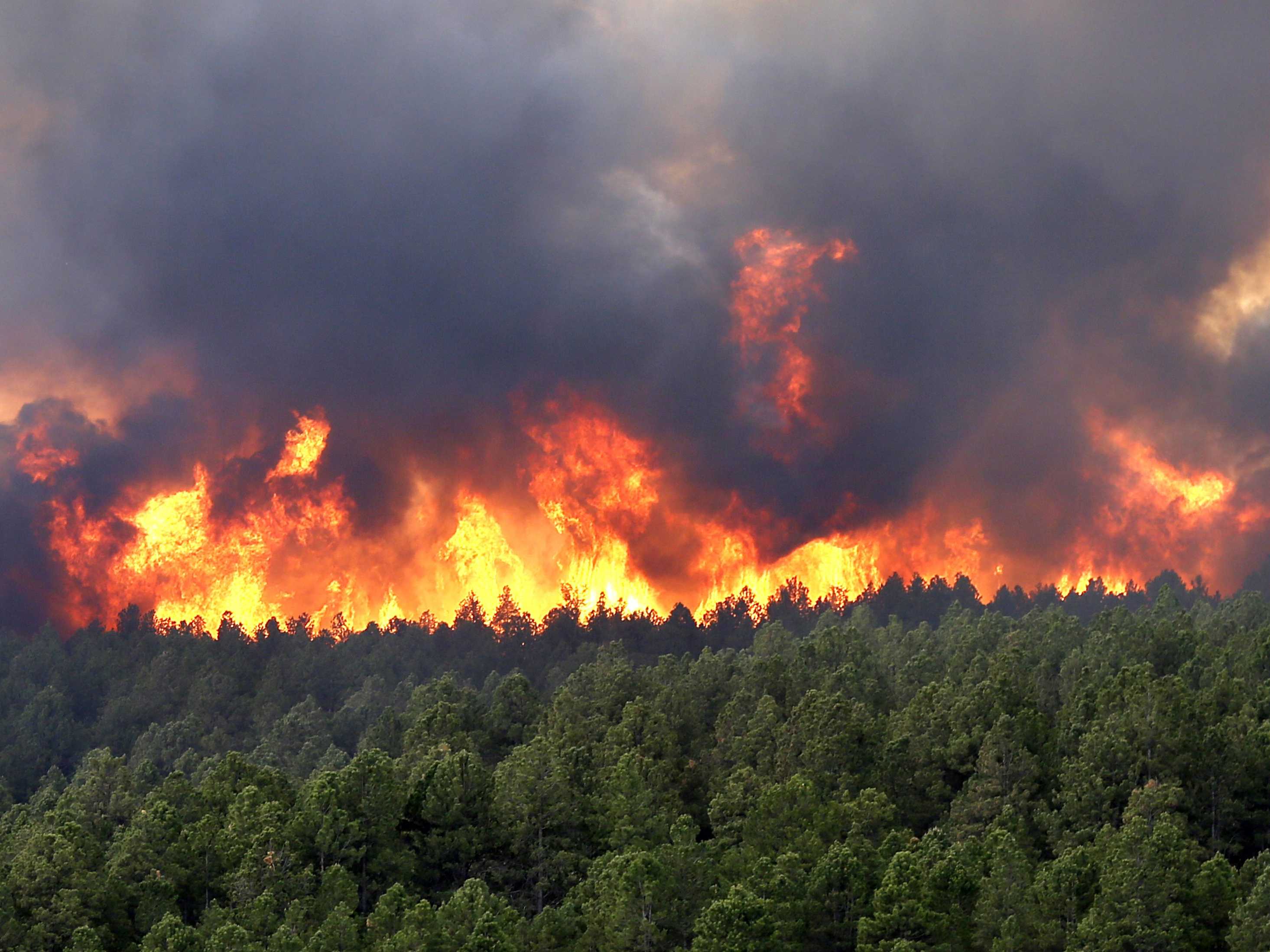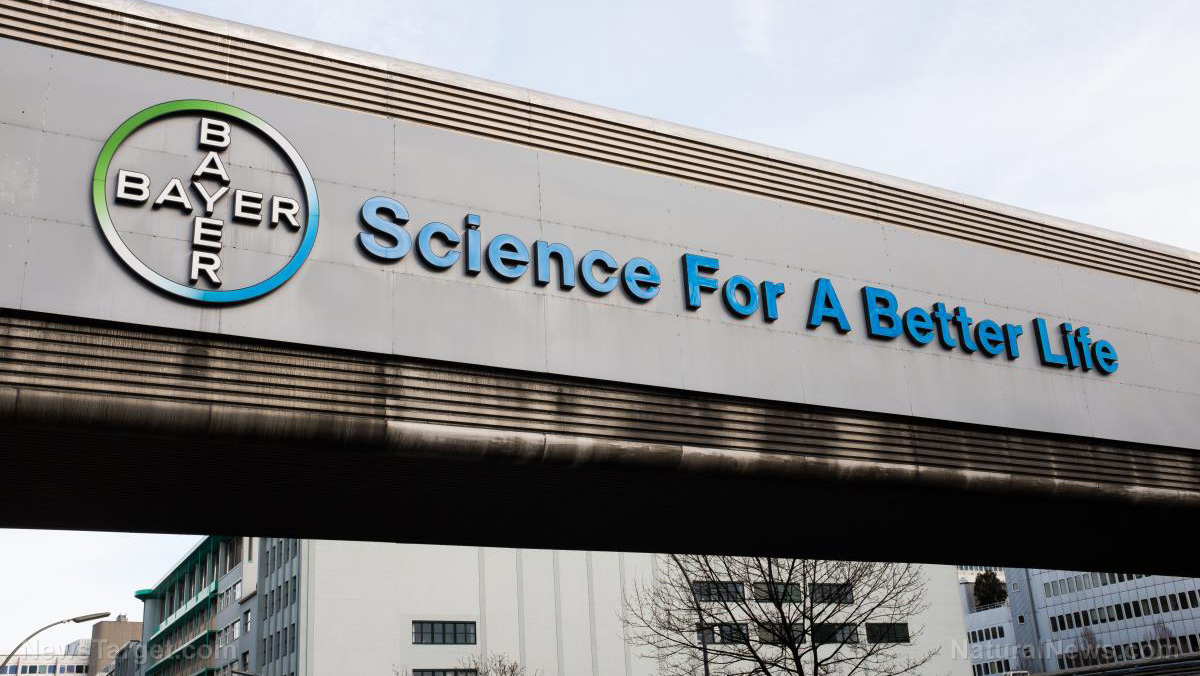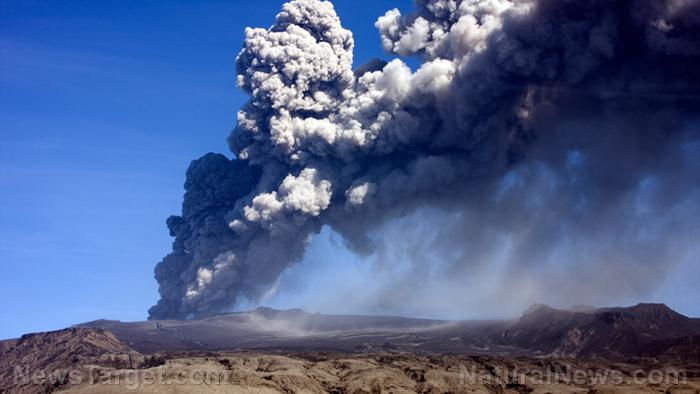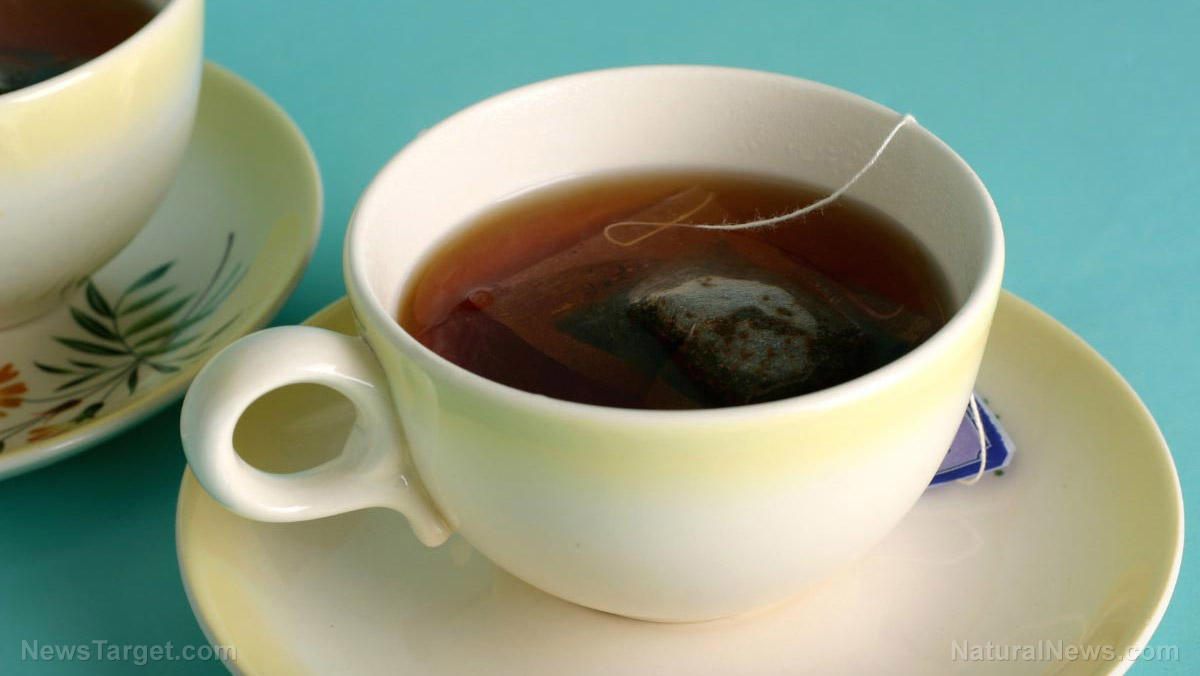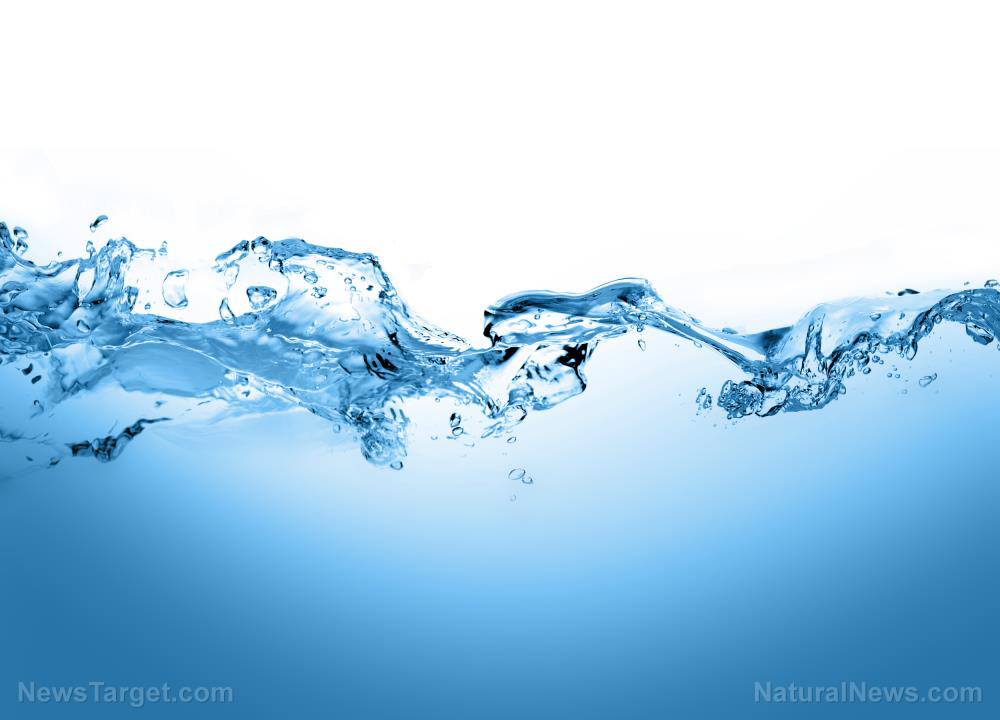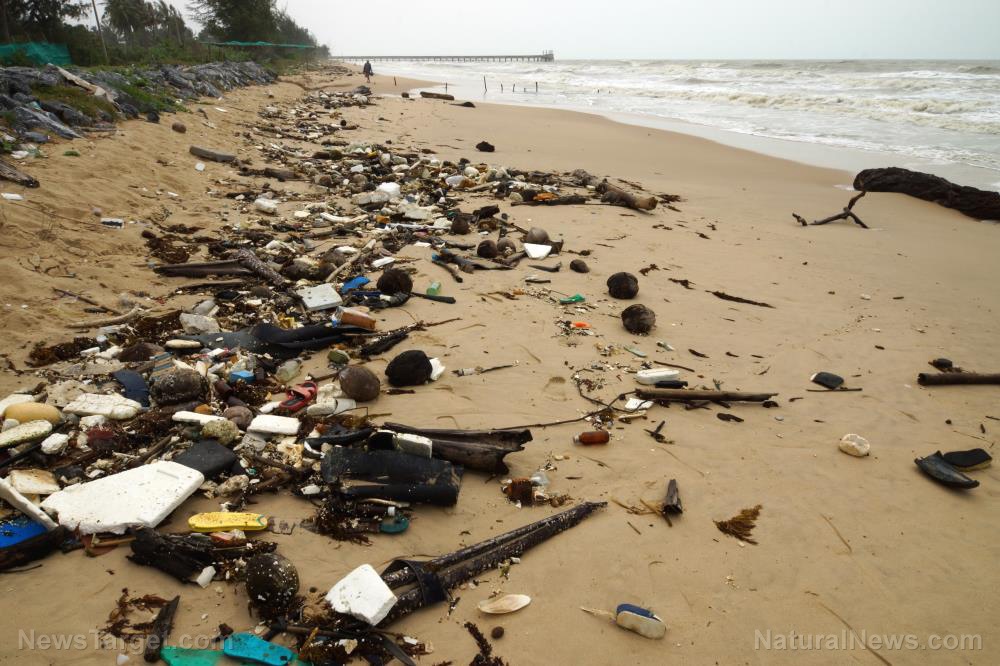Radioactive water could be pouring out of Fukushima just two years from now, warn experts
09/29/2020 / By Cassie B.
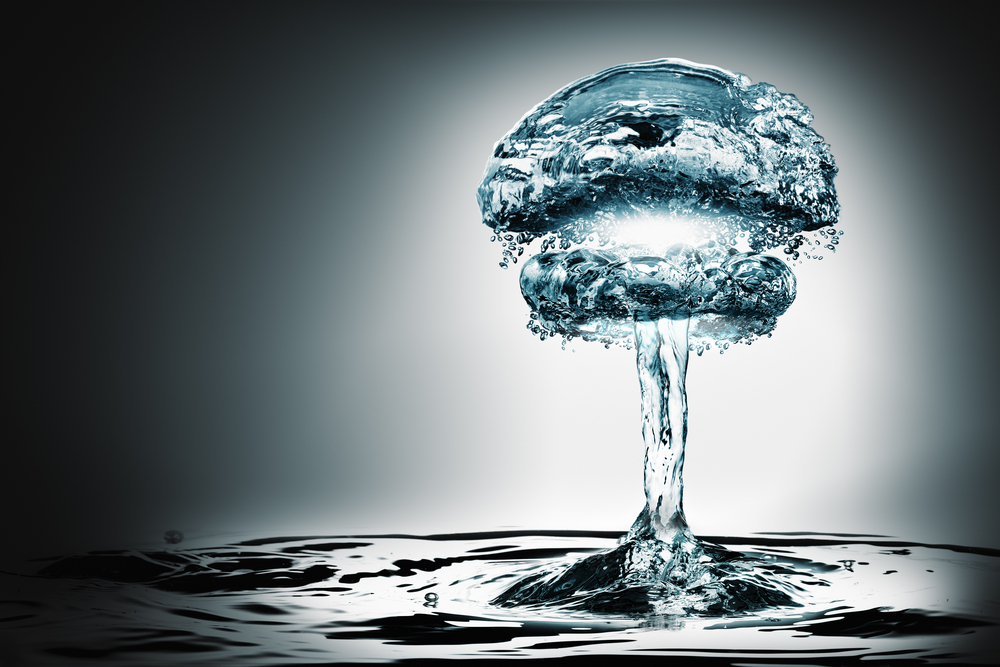
The Japanese utility company in charge of the nuclear power plant devastated by the tsunami in Fukushima has warned that it will run out of storage space for significant amounts of contaminated water within the next two years, pressuring the government and the public to decide how to proceed.
At the Dai-ichi plant, three reactors suffered meltdowns during a 2011 earthquake and subsequent 33-foot-high tsunami that wreaked havoc on northeastern Japan, killing 19,000 people. Radioactive water leaked out of the damaged reactor, mixing with rainwater and groundwater at the plant. Although the water is treated, it remains somewhat radioactive, and they have been storing it in large tanks.
So far, the plant has accumulated more than a million tons of water in 1,000 tanks. However, Tokyo Electric Power Co. (TEPCO) says that even with their plans to build more tanks, they will only be able to accommodate 1.37 million tons, a capacity that will likely be reached in summer 2022.
What will happen to the water after that? According to the Guardian, a panel of experts who has been advising the Japanese government on disposal has recommended releasing it into the ocean. Members of the International Atomic Energy Agency have said that this is the only realistic option. They claim it can be done more securely than another option that is being considered, evaporation. Prior to the release, the radioactive particles would be removed from the water, except for tritium, a hydrogen isotope that is difficult to separate and that they claim is relatively harmless.
However, neighbors like South Korea have expressed concerns about the impact on their country as well as the global marine environment. There is also a lot of resistance to this plan in Japan, with 17 out of 59 municipal assemblies in the Fukushima Prefecture either passing a resolution or issuing a statement in opposition of dumping the water into the Pacific Ocean. Residents and fishermen alike worry that such a release would kill the area’s fishing and agriculture industries.
How could radioactive water not pose a risk to the environment?
TEPCO has not always been forthcoming about contamination in the past, claiming that all radionuclides in the contaminated water had been reduced to undetectable levels; leaked TEPCO documents showed that 62 radionuclides, including cobalt, cesium, strontium and iodine, had not actually been removed from the water. They have also been criticized for refusing to let independent organizations test the water stored at the site. Therefore, it’s not surprising that their claims that dumping this radioactive water into the ocean will not cause harm are being met with a lot of skepticism.
In June, four human rights experts from the United Nations urged the government of Japan not to move forward with any dumping until the proper consultations have been made. At the very least, they would like the government to delay any decisions on the matter until after the COVID-19 pandemic has been contained so they can devote proper attention to this very serious matter.
The decision was originally not set to take place until after the Tokyo Olympic Games, but since the games have now been postponed, the timeline appears to have been moved forward. Unfortunately, the pandemic is also preventing the in-depth consultations needed to reach a safe conclusion and assess all the factors involved and how the people both within and outside of Japan would be affected by dumping the Fukushima water.
The experts stated in a press release, “COVID-19 must be not be used as a sleight of hand to distract from decisions that will have profound implications for people and the planet for generations to come.”
Sources for this article include:
Tagged Under:



